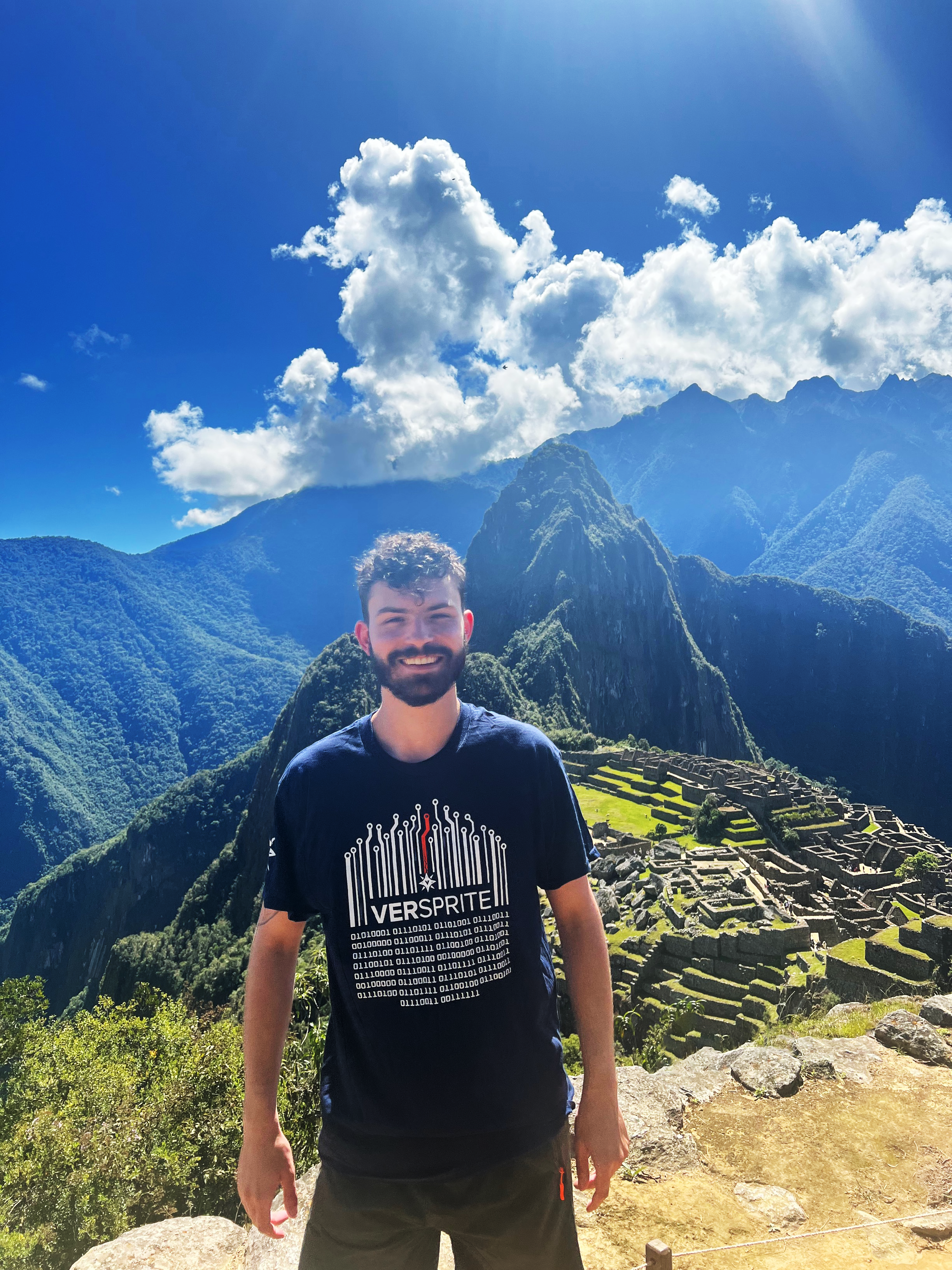How WFA Company Culture Promotes Work-Life Balance
Who doesn’t dream of being able to travel the world and explore new cultures and countries? Until recently, many of us could only use our PTO to pursue those dreams. However, three major factors have emerged in recent years that are fundamentally changing the way people balance work and life, giving employees new opportunities to improve their lifestyle and motivating them to reach their career goals. There has been a seismic shift in the work arrangement and it affected companies around the world.
So, what are these factors? Globalization, digitalization, and COVID have resulted in a paradigm shift that changed the way we live, work, and balance the two.
Remote work increased to 44% in the past couple of years and in the US alone 58% of the total workforce are remote workers.
Companies face a choice to move with the times and adapt or become a part of the “mass resignation.” Though it comes with challenges, particularly around data and information security, recent research shows that employees working remotely are generally happier and perform better, which in turn benefits companies.
VerSprite has long recognized the importance of an employee’s balanced life and supports remote work, encouraging workers to pursue not only careers but their life aspirations.
In this blog, we are taking a short break from things all tech and cybersecurity and focusing on the people that drive the success of VerSprite’s cybersecurity programs. Our own GRC Security Consultant shares his story of working remotely and becoming a digital nomad.
What made you interested in traveling abroad and going digital nomad?
I started ideating about it a few years ago, as I have a couple of close friends who have spent extensive time abroad, and I’ve been inundated by their stories and experiences. I ultimately decided to pull the trigger when our CEO, Tony UV, talked about how he wants his team to be able to take full advantage of the opportunities that come with working remotely. That was about a year ago when I decided to really commit and start planning it out. VerSprite culture definitely influenced my decision to do it.
Goes without saying, that being a digital nomad is a commitment. A lot goes into preparation for not only traveling but supporting the work environment and keeping to the schedule at all times. It is definitely an effort and collaboration of the company leaders and employees. It takes a lot of balancing, but the reward of being able to experience new cultures and see the world while advancing my career is worth it.
Which countries have you visited so far?
We have lived and worked in Peru and Argentina so far. Lima, Peru is underrated (in terms of American travelers). It has amazing food. There’s a heavy Chinese and Japanese influence in the cuisine. I’ve traveled extensively across the US, Europe, the Caribbean, and Central America and eaten at some high-end restaurants, and still, I had some of the best meals ever in Lima for relatively cheap. Lima has some of the top restaurants in the world (World 50 best list).
Argentina has a much more European feel. Pizza and pasta are very common. Argentinian Spanish is very different. We know Spanish pretty well and have been having trouble communicating here because of the accent differences. English has been a lot more common, upon hearing our accents, people have switched to English to talk to us.

What are the advantages and challenges of working remotely?
The biggest advantage is having the flexibility to balance doing the things I love, such as traveling, with work. It also has allowed me to spend time with coworkers who I otherwise may have never met in person, like the OffSec team and the OffSec director, with whom we met up in Buenos Aires.
However, it does come with challenges. Security and cybersecurity are two of the main concerns. Another is guaranteeing a good WiFi connection. To maximize our connectivity, my girlfriend and I travel with 20ft ethernet cables and wire in directly to the modem when possible. If that is not an option, and the WiFi is bad enough (it was awful at our AirBnB in Bariloche), we utilize a coworking space.
What tips could you give on security and cybersecurity while traveling?
You should always use caution traveling abroad. We highly recommend investing in multiple wallets. One that has loose cash and serves as a decoy, and another that you keep more hidden with important ID and credit cards, etc. If you get robbed, you can hand over your phone and decoy wallet and the criminal will be none the wiser. Another thing to keep in mind, iPhones are highly sought after in South America. Be careful about flashing the device around. People will try to steal it!
This may be common sense, but if somebody tells you to avoid a certain area, you should avoid that area. Buy a portable safe for storing your most important belongings. Make photocopies of your essential documents and keep them with you. We use a photocopy of our vaccine cards, for example.
Working while traveling and living abroad requires extra precautions. Here are a few tips we found helpful to stay secure:
ALWAYS use a VPN for work, and purchase a personal VPN for your personal device and phone. On top of the security benefits, there are cool perks that come with it such as being able to spoof your location for a better selection of streaming services.
Get privacy screens for your devices, particularly if you utilize a coworking space. Prevents people from snooping!
Never ever leave your device unattended while logged in, no matter how much you feel like you can trust the people around you. Always log out of your device if you are going to step away, and if you can you should bring it with you.
A few general things we learned along the way:
Phone plans: You can transfer your phone number to Google Voice and then utilize an e-sim to have data in each country. Your phone number will be retained and you can receive messages to it through Google.
Entering/Exiting Countries: Make sure to have booked your exit before entering a country and proof of all your travel and reservations. When checking in for our flight to Argentina, we had not yet booked our travel out of the country and we were almost not allowed in.
Paying with Card online: In most South American countries, cards are tied to your ID. We have had issues buying things online because American cards are tied to an address. The payment will fail most times except with apps like Rappi (food delivery) unless they accept Apple Pay. You can also use a VPN to spoof your location when booking tours and other activities. Some websites show different prices depending on where you are accessing from.

